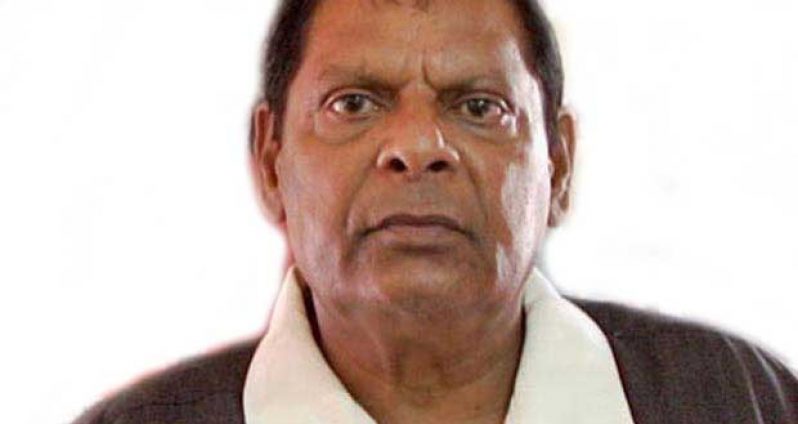ALLIANCE For Change (AFC) vice chairman, Moses Nagamootoo has admitted that the party is working under difficult conditions, primary among which is access to financing for its political activities.
Addressing about 200 persons gathered at the Saint Stanislaus College auditorium for the party’s fourth Biennial Conference, Nagamootoo’s admission follows that of Joseph Harmon, General Secretary of the main political opposition coalition, A Partnership for National Unity (APNU), who told the Guyana Chronicle that financing for the party’s operations is limited.
However, both parties have since expressed confidence that, if there is a move to general and regional elections in the face of the current political impasse, the situation with financing would improve.
WHITHER THE WISDOM?
Political pundits are therefore wondering at the wisdom of these Opposition political parties insisting on going to the polls rather than talk, given that they have both acknowledged challenges with financing, and that going to elections would cost the Government a pretty penny.
The estimated cost of holding any elections at this time is as much as $1.6B, which constitutes an expense that would be charged against hardworking Guyanese taxpayers.
The sum at reference is part of a $3.3B allocated to the Guyana Elections Commission (GECOM) in this year’s Budget. In event that it has to prepare to hold either general or regional elections, the $1.6B is intended to allow GECOM to exercise general direction and supervision over the registration of electors and the administrative conduct of all elections of members of the National Assembly, the Regional Democratic Councils (RDCs) and local authorities in Guyana.
TALKS REJECTED
On November 18, President Donald Ramotar wrote APNU leader Brigadier (rtd), David Granger, as Leader of the Main Opposition, inviting him to dialogue. After thumbing his nose on the President for almost three weeks, the APNU Leader acknowledged, in writing on Tuesday, receipt of the President’s invitation, but respectfully declined, saying that “APNU would be unprepared to participate in such a proposed dialogue for as long as the Parliament of Guyana remained prorogued.”
Prior to Granger’s letter, both APNU and the AFC had made it clear that they would not engage the President in talks unless the prorogation is lifted and parliamentary work resumes.
Since the President’s move to prorogue Parliament, there have been varying sentiments emanating from different sections of society, many being in support of the prorogation, which would facilitate dialogue in face of the current political impasse.
The President has always maintained that the need for dialogue was uppermost in his mind when he made his decision to prorogue Parliament. Paving the way for greater dialogue among political parties, he contends, would have kept the 10th Parliament alive to address critically important issues currently before the National Assembly.
The move to prorogue Parliament was made in face of an AFC-sponsored no-confidence motion against the Government. The effect of ending the first session of the 10th Parliament via prorogation is the termination of the business of the National Assembly. As a result, the AFC’s motion was not considered. Also APNU had, prior to November 10, signalled its intent to support tabling of the motion. If Parliament had not prorogued and the no-confidence motion had been passed, Guyana would have been headed to early general elections within three months.
If there is a move to general elections, given the recent pronouncements by APNU and AFC, it would come more than a year early. The last general and regional elections were held in November 2011.



.jpg)











